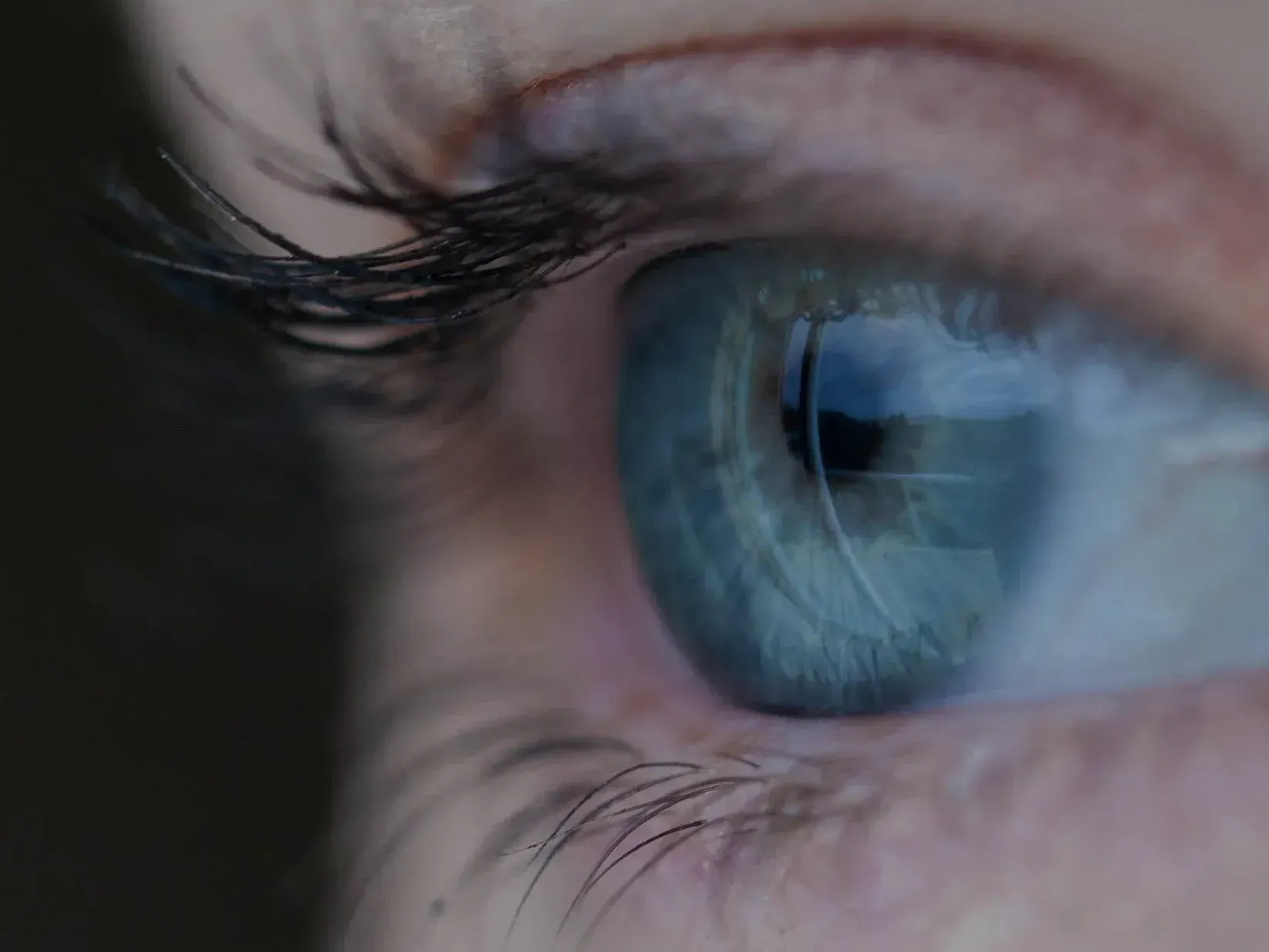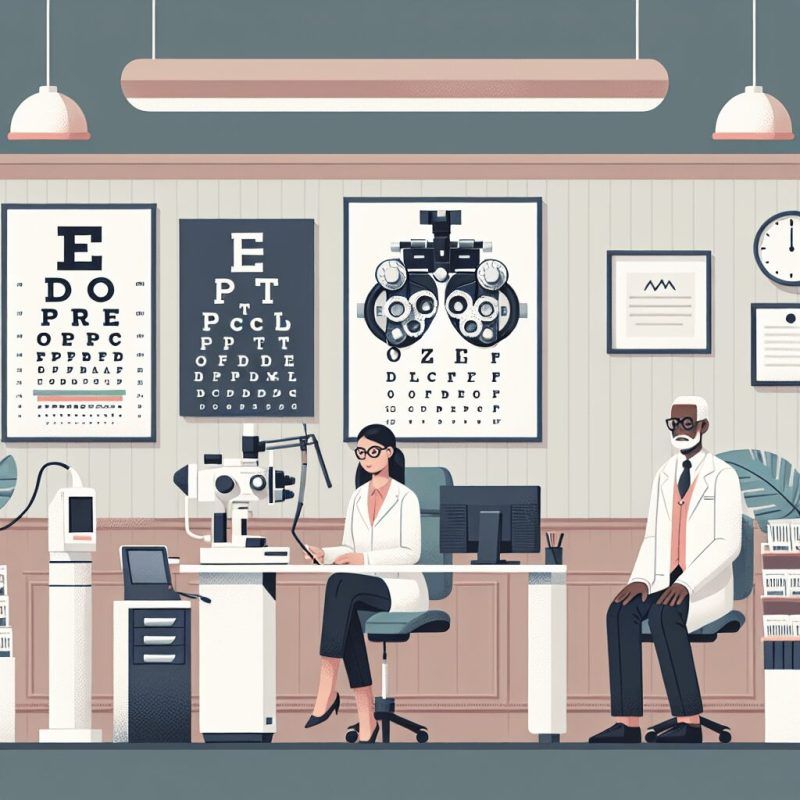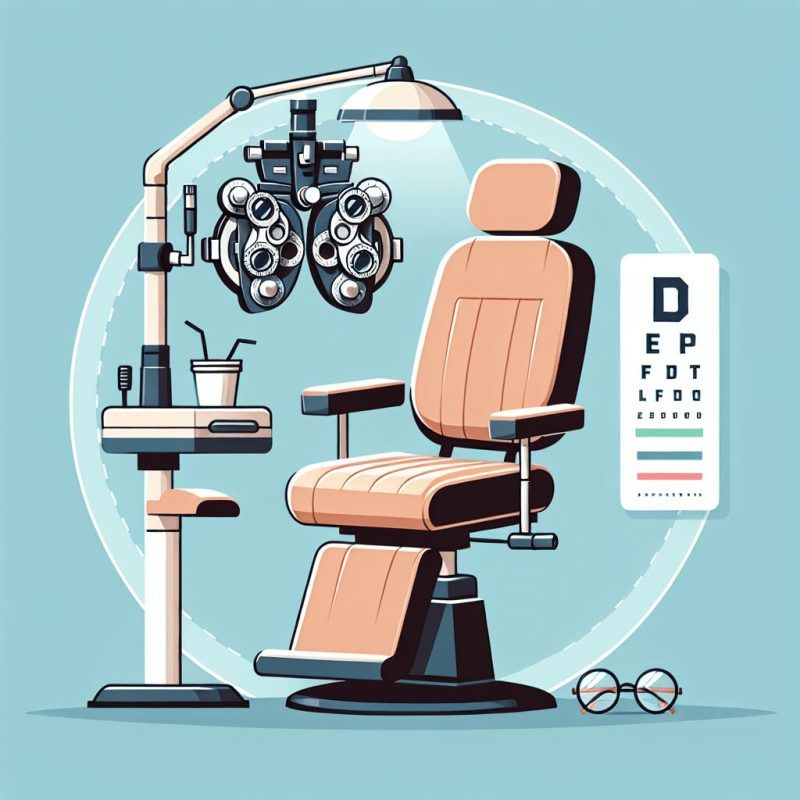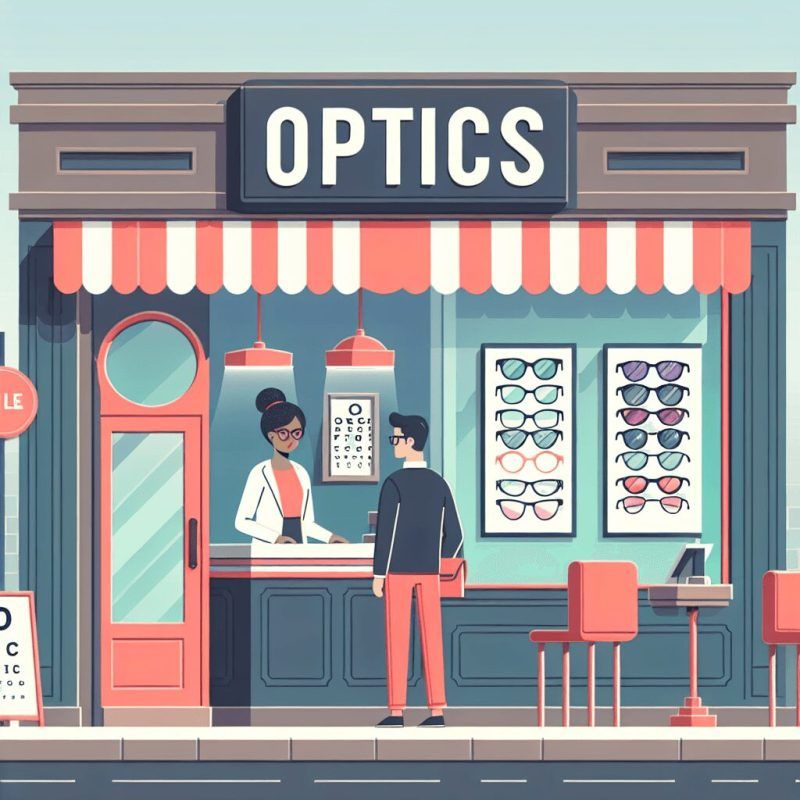Doctor's Corner
How to Keep Your Eyes Healthy

1. Eat Well
Good eye health starts with the food on your plate. Nutrients like omega-3 fatty acids, lutein, zinc, and vitamins C and E might help ward off age-related vision problems like macular degeneration and cataracts. To get them, fill your plate with:
- Green leafy vegetables like spinach, kale, and collards
- Salmon, tuna, and other oily fish
- Eggs, nuts, beans, and other nonmeat protein sources
- Oranges and other citrus fruits or juices
- Oysters and pork
A well-balanced diet also helps you stay at a healthy weight. That lowers your odds of obesity and related diseases like type 2 diabetes, which is the leading cause of blindness in adults.
2. Quit Smoking
It makes you more likely to get cataracts, damage to your optic nerve, and macular degeneration, among many other medical problems. If you've tried to kick the habit before only to start again, keep at it. The more times you try to quit, the more likely you are to succeed. Ask your doctor for help.
3. Wear Sunglasses
The right pair of shades will help protect your eyes from the sun's ultraviolet (UV) rays. Too much UV exposure boosts your chances of cataracts and macular degeneration.
Choose a pair that blocks 99% to 100% of UVA and UVB rays. Wraparound lenses help protect your eyes from the side. Polarized lenses reduce glare while you drive, but don’t necessarily offer added protection.
If you wear contact lenses, some offer UV protection. It's still a good idea to wear sunglasses for an extra layer.
4. Use Safety Eyewear
If you use hazardous or airborne materials on the job or at home, wear safety glasses or protective goggles.
Sports like ice hockey, racquetball, and lacrosse can also lead to eye injury. Wear eye protection. Helmets with protective face masks or sports goggles with polycarbonate lenses will shield your eyes.
5. Look Away from The Computer Screen
Staring at a computer or phone screen for too long can cause:
- Eyestrain
- Blurry vision
- Trouble focusing at a distance
- Dry eyes
- Headaches
- Neck, back, and shoulder pain
To protect your eyes:
- Make sure your glasses or contacts prescription is up to date and good for looking at a computer screen.
- If your eye strain won’t go away, talk to your doctor about computer glasses.
- Move the screen so your eyes are level with the top of the monitor. That lets you look slightly down at the screen.
- Try to avoid glare from windows and lights. Use an anti-glare screen if needed.
- Choose a comfortable, supportive chair. Position it so that your feet are flat on the floor.
- If your eyes are dry, blink more or try using artificial tears.
- Rest your eyes every 20 minutes. Look 20 feet away for 20 seconds. Get up at least every 2 hours and take a 15-minute break
6. Visit Your Eye Doctor Regularly
Everyone needs a regular eye exam, even young children. It helps protect your sight and lets you see your best.
Eye exams can also find diseases, like glaucoma, that have no symptoms. It's important to spot them early on, when they're easier to treat. Understanding
what an eye exam can detect goes beyond visual acuity, encompassing the identification of various eye conditions and diseases that may not manifest noticeable symptoms in their early stages.
Depending on your eye health needs, you can see one of two types of doctors:
- Ophthalmologists are medical doctors who specialize in eye care. They can provide general eye care, treat eye diseases, and perform eye surgery.
- Optometrists have had 4 years of specialized training after college. They provide general eye care and can diagnose treat most eye diseases. They don't do eye surgery.
A comprehensive eye exam might include:
- Talking about your personal and family medical history
- Vision tests to see if you’re nearsighted, farsighted, have an astigmatism (a curved cornea that blurs vision), or presbyopia (age-related vision changes)
- Tests to see how well your eyes work together
- Eye pressure and optic nerve tests to check for glaucoma
- External and microscopic examination of your eyes before and
after dilation
Doctor's Corner





